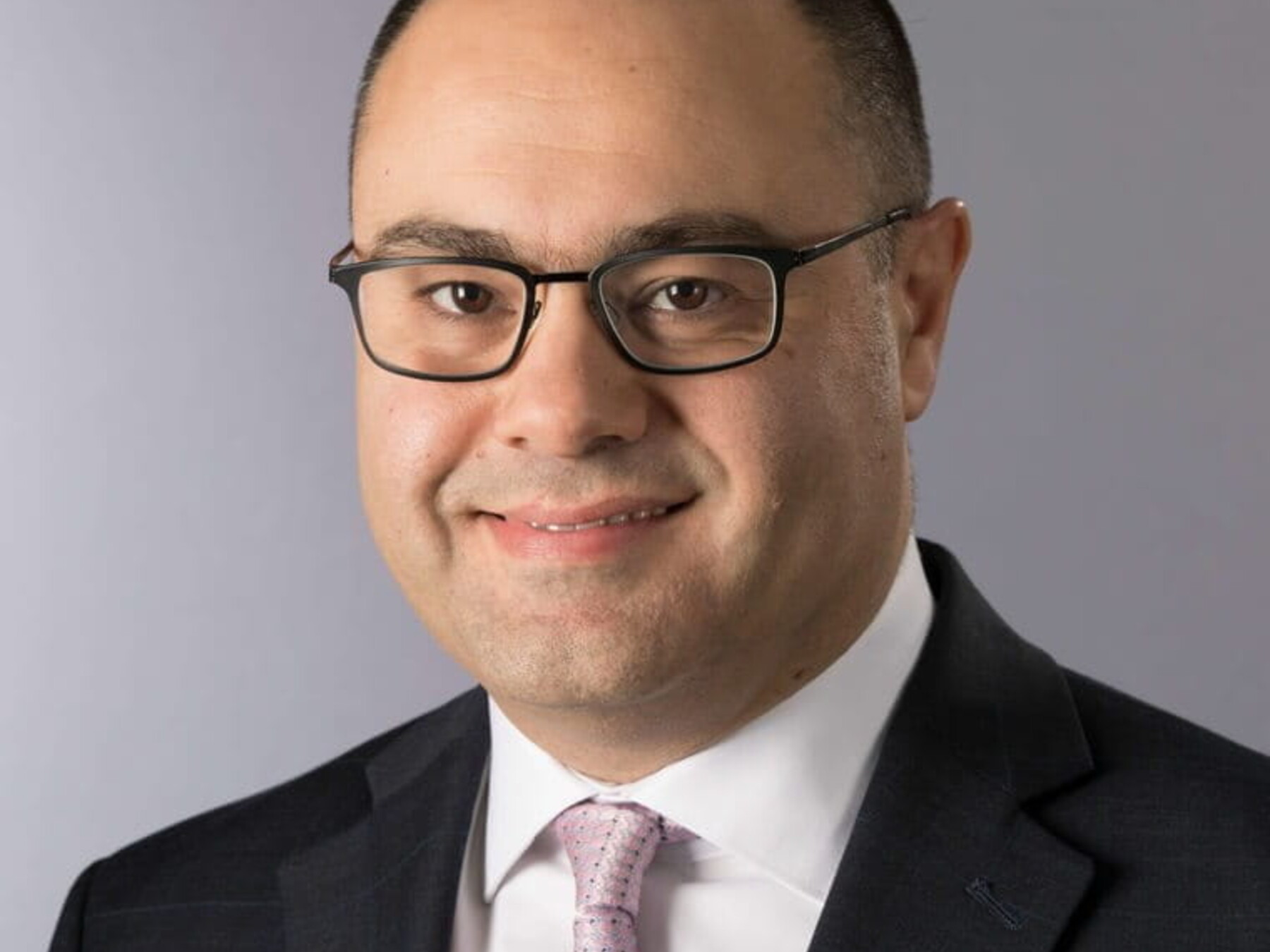September 2020 - September 2024: Reflections on the Past Four Years (Part II)
Spotlight on: Dr. Tarek K. Rajji

With Dr. Tarek Rajji’s upcoming departure from Toronto on September 30, TDRA is reflecting on the past four years under his leadership. This part II of a two-part series will center on Standardization of Dementia Care and the newly established TDRA Clinical Table, while Part I focused on Dementia Prevention and Dementia Research Infrastructure.
Standardization of Dementia Care
Over the past four years, TDRA expanded on existing and launched new initiatives to standardize dementia care across various settings. The Memory Clinic working group continued to work on digitizing the single clinical intake form, which will be used across TDRA memory clinics, along with the standardized Toronto Cognitive Assessment (TorCA). With close to 4,000 patients assessed using these tools, a large database is starting to answer questions using research embedded in care.
Building on this infrastructure, TDRA teams were successful in launching several externally funded projects including Virtual Assessment of Praxis as a predictor of basic activities of daily living, the Hybrid-Virtual Cognitive Program, and an Artificial Intelligence project to predict dementia and triage patients in the memory clinics. More recently, Slaight Family Foundation funding was awarded to the Alzheimer’ Society of Canada (ASC) to look for opportunities to disseminate the TorCA nationwide.
In another move to standardize care and unlock an opportunity to integrate research into care, TDRA launched the TDRA Standardized Clinical Cognition MRI Protocol for brain imaging in dementia. TDRA members developed two University of Toronto-accredited educational courses held in 2023. The first course, Update on the diagnosis and treatment of dementia focused on clinicians and the second, Dementia MRI Report Simulator on radiologists. Today, this MRI protocol is being used across 15 sites with 37 MRI units across Ontario. This protocol is also now funded by the Slaight Family Foundation for ASC to disseminate nationally.
Another setting where standardization of dementia care will elevate quality and provide opportunities for research is the long-term care (LTC) setting. The TDRA LTC working group designed a standardized intake assessment for neuropsychiatric symptoms among LTC residents living with dementia and work is underway to implement this form across several LTC homes. This initiative is also now funded by Slaight Foundation funding, and includes testing a Dementia Integrated Care Pathway in LTC homes.
Caregivers and care partners are integral to dementia care. As part of the NRC-CIHR Aging in Place Challenge, a TDRA team was successful in funding and launching a project on the Use of Virtual Reality and Augmented Reality Technologies to Support Resilience and Skill-Building in Caregivers of Persons With Dementia to provide better access and high quality standards.
TDRA Clinical Table
The collaborative model of TDRA resulted in several impactful research initiatives that brought together partners and stakeholders across the TDRA community. In late 2023, with strong support from the Toronto Academic Health Science Network (TAHSN), TDRA expanded its focus to apply this collaborative model to clinical and not only research initiatives. TDRA set up a Clinical Table comprising administrative and clinical leadership across TDRA partner sites with plans to invite key community partners. Together, this group is working on common, streamlined dementia care initiatives that will enable patients and their families to receive timely, effective, evidence-based care when they need it most. The TDRA Clinical Table will serve as a model for coordinated high quality care infrastructure in Toronto and the province.
Thank you!
“All work over the past four years would not have been possible without the dedication of the TDRA community and governing committees: The Executive Committee, Scientific Advisory Committee, Lived Experience Advisory Partners, Research Operations Committee, and all Research Working Groups. And “at home” I have immense gratitude to an outstanding TDRA Coordinating Centre with whom I worked day in and out as a team and individuals to get TDRA to where it is now: Dr. Luca Pisterzi – Past Director of Strategy & Operations, Jordanne Holland – Interim Director of Strategy & Operations, Winnie Qian – Program Officer, Ruth Kruger – Interim Program Officer, Natalie Dren – Research Coordinator (Knowledge Translation), Brittany Prokop – Research Coordinator (Recruitment), Grier Munro - Administrative Assistant, and Dorcas Tam – Interim Administrative Assistant. Thanks a million!”
